Network’s history
FOUNDATION & FIRST PROJECT (2006 & 2008-2012)
The Prospero network was founded in 2006 by the Théâtre National de Bretagne (FR) and the Théâtre de Liège (BE) to bring together theatres with important creation and touring missions from different European countries.
Convinced Europeans, discoverers of new artists, passionate about languages, aesthetics and the multiplicity of European stories, these theatres’ artistic and executive directors wanted to question and transform, together, theatre practices. Forming a network enabled them to work towards this goal by sharing knowledge and practices, confronting their point of views and undertaking common research.
From 2008 to 2012, the network extended and conceived a project, also named Prospero, which benefited from the financial support of the European Union’s Culture Program. The partners involved were the following:
- Théâtre de la Place (former Théâtre de Liège, Belgium) ;
- Théâtre National de Bretagne (Rennes – France);
- Emilia Romagna Teatro Fondazione (Modena – Italy);
- Schaubühne am Lehniner Platz (Berlin – Germany);
- Fundação Centro Cultural de Belém (Lisbon, Portugal);
- Tampereen Yliopisto / Tutkivan Teatterityön Keskus (Tampere – Finland).
The project rested on the idea that the European construction requires, beyond a common market, the development of a shared sense of history, myths and values. It therefore pursued the following objectives:
- To foster the circulation of works and artists across borders;
- To contribute to the emergence of a European citizenship;
- To take advantage of a common cultural space and heritage;
- To strengthen intercultural dialogue and promote cultural diversity.
FROM 2014 TO 2017
In 2014 some of the historical Prospero partners came together anew, new theatres joined and, collectively, these institutions developed a new project, structured along two lines:
- The development of European creation: with the aim of identifying, supporting and accompanying six large-scale creations. These shows toured throughout Europe.
- The emergence of young actors: The members of the Prospero group worked with schools and training institutions. Six classes have discovered another country, another theatrical culture and another educational approach during workshops lasting at least 15 days. Each year, students from these schools travelled to Berlin to take part in FINDPlus (Festival International New Drama), an event organized in the spring by the Schaubühne, focusing on contemporary writing and inviting some sixty young actors to discover shows, meet artists and take part in workshops.
The partners of the project were:
- Théâtre National de Bretagne – Coordinator of the project (Rennes, France) ;
- Théâtre de Liège (Belgium) ;
- Emilia Romagna Teatro Fondazione (Modena, Italy);
- Φεστιβάλ Αθηνών & Επιδαύρου / Athens Epidaurus Festival (Greece) ;
- Les Théâtres de la Ville de Luxembourg (Luxembourg) ;
- Schaubühne am Lehniner Platz (Berlin, Germany) ;
- Fundação Centro Cultural de Belém (Lisbon, Portugal) ;
- Stadsschouwburg Amsterdam (The Netherlands) ;
- Barbican Centre (London, United Kingdom) ;
- Göteborgs Stadsteater (Göteborg – Sverige) ;
- Toneelgroep Amsterdam (The Netherlands), as associate partner.
Dowload the project’s brochure here.
FROM 2019 TO 2020
In 2019 again, historical and new members of the network joined and defined, for the network, a number of work areas and challenges:
- To analyze the role of theatre today: Theatre is able to create non-virtual human links, promote languages and brings together millions of spectators across Europe. It remains a powerful place for direct dialogue, especially in times of crisis.
- Increase the involvement of the artists in the European construction process: The rise of populism is sowing doubts among European youth. It is important to address this debate with artists, in order to give a new cultural impulse to the European dream.
- Changing practices for the theatre of tomorrow: This age-old art form must question and seize the opportunities that present themselves in this age of digital technologies: there are new audiences, subjects, practices, formats and territories to conquer.
- Defining and developing new methods of touring: This implies a digital strategy associated with the territorial policy of the theatre sector. The audience’s opinion no longer depends solely on the spectators, but is now also made up of TV viewers and internet users who can access the show from outside.
In addition to transforming the theatre sector, the Prospero network also aimed at promoting European ideas and values through its actions, its joint projects and the gatherings it organizes. The Prospero partners believe in a united Europe, but a Europe of diversity of cultures, languages, histories, races and social constructions, a unity of shared differences. Prospero intends to promote the role of theatre as an important and more visible force in the cultural and political construction of Europe. In the tradition of the Enlightenment, it aims to promote the ideas of openness, freedom, diversity and equality.
This consortium was then composed of:
- Théâtre de Liège – Coordinator of the project (Belgium);
- Schaubühne am Lehniner Platz (Berlin, Germany);
- Théâtre National de Bretagne (Rennes, France) ;
- Odéon-Théâtre de l’Europe (Paris, France) ;
- Emilia Romagna Teatro Fondazione (Modena, Italy);
- Internationaal Theater Amsterdam (Amsterdam, The Netherlands);
- Teatro São Luiz (Lisbon, Portugal) ;
- Göteborgs Stadsteater (Sweden) ;
- Croatian National Theatre in Zagreb (Croatia);
- Teatros del Canal (Madrid, Spain).



